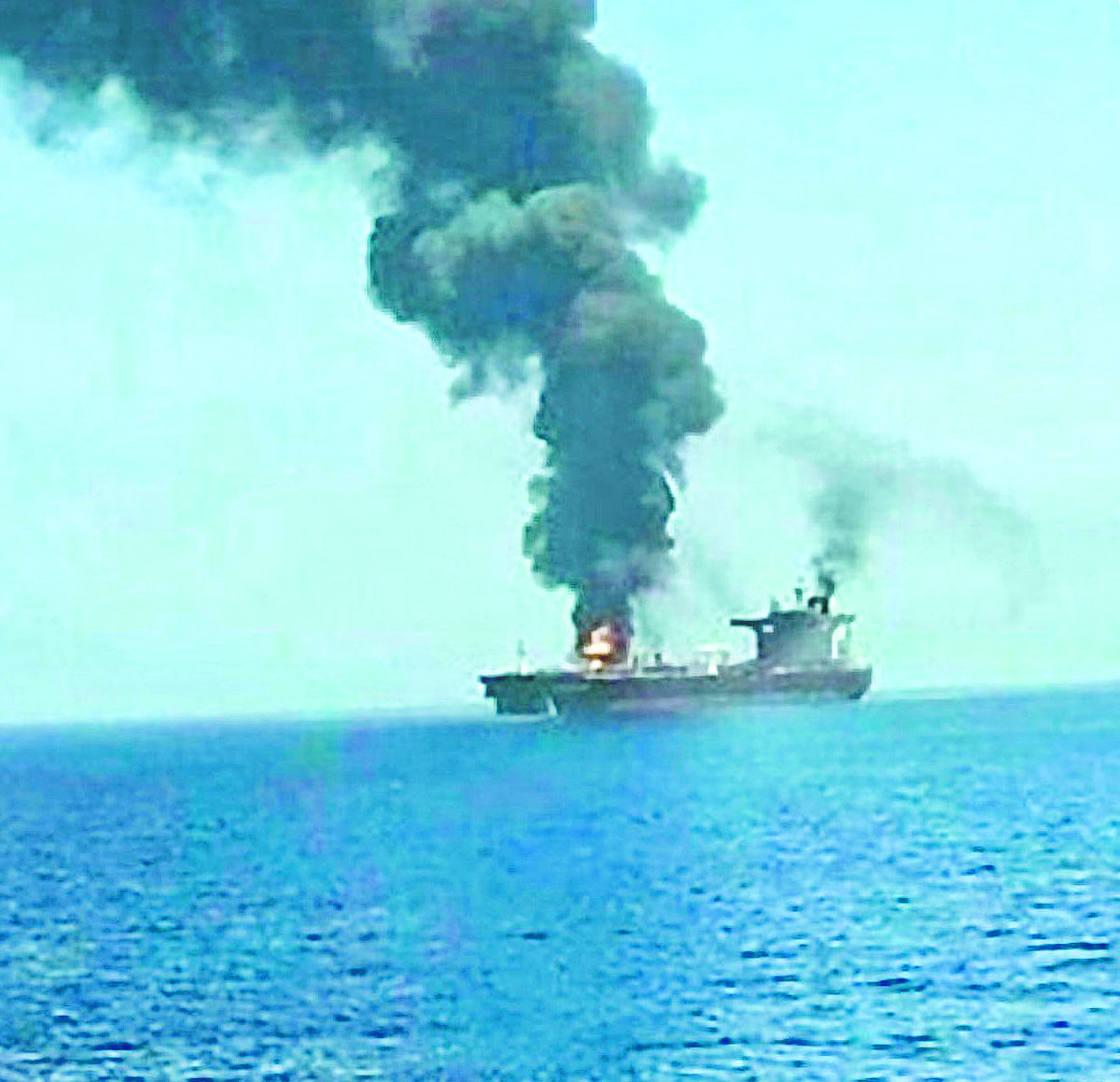At the heart of this conflict lies the strategic control exerted by Houthi rebels over parts of Yemen.
The recent surge in Houthi rebel attacks on ships in the Red Sea has not only intensified the conflict in Yemen but also sent shockwaves through the global trade landscape.
Emerging in the 1990s as a response to corruption, the Houthi rebels have evolved into a formidable force, drawing parallels with historical proxy conflicts. This article unravels the basics of the Houthi rebel situation, highlighting the strategic importance of the Red Sea and, more specifically, delving into the profound impact on India’s trade dynamics.
The roots of the Houthi rebels lie in their emergence as an armed group in Yemen during the 1990s. Initially, they championed a moderate theological movement within the Zaidi Shia minority, combating corruption and opposing then-President Ali Abdullah. Drawing parallels with the Taliban’s historical role as a proxy army, the speaker notes that the Houthi rebels are currently utilised by Iran in its geopolitical manoeuvres.
The conflict in Yemen unfolds as a multifaceted struggle, with the Yemeni government, supported by Saudi Arabia and the United States, confronting the Houthi rebels, who find backing from Iran and Hezbollah. The rebels, primarily aligned against Israel, the US, and Western allies, have shifted their targets from Israeli-bound ships to vessels of other nations. Recent reports suggest a strategic move to exert pressure on these countries to intervene in Israel’s actions against Palestine.
At the heart of this conflict lies the strategic control exerted by Houthi rebels over parts of Yemen, including the capital. Their potential to block the Bab el Mandeb Strait, connecting the Mediterranean Sea to the Indian Ocean, could spell catastrophic consequences for global trade. The Red Sea, a vital waterway, sees the transit of $1 trillion worth of goods annually, including 30% of all global containers, 7-10% of the world’s oil, and 8% of liquefied natural gas.
The Houthi rebel attacks have triggered a significant disruption in global trade, specifically through the Red Sea. With a 40% drop in traffic over the last three weeks, ships are rerouting to avoid the conflict zone, leading to an increase in insurance costs. This raises concerns about a potential global shipping crisis, reminiscent of the Panama Crisis, where low water levels at the Panama Canal are causing a traffic jam, impacting maritime commerce.
India, heavily dependent on the Red Sea as a crucial trade route to Europe and the West, is grappling with the repercussions of the Houthi attacks. Shipping costs for Indian goods to Europe and the U.S. have surged by 20 to 40%, while basmati rice export freight costs have skyrocketed from $600 to $2,000. The disruptions in traffic flow and increased insurance costs pose a threat to India’s exports, particularly to the European Union, which stands as the nation’s second-largest export destination.
As the Houthi rebel attacks continue to unfold, the intricate web of global trade feels the tremors, affecting nations far beyond the conflict zone. India, with its heavy reliance on the Red Sea trade route, finds itself at the crossroads of escalating shipping costs, delayed exports, and potential impacts on key sectors. The unfolding situation not only demands heightened vigilance but emphasises the critical need for global cooperation in navigating the complex geopolitical dynamics that threaten to disrupt the arteries of international commerce.
Devasya Verma is pursuing his Masters in International Relations from School Of Social Science, GNDU Amritsar. He is alumnus of Indian School of Public Policy, New Delhi and alumnus of Centre for Advanced Learning, St Stephens’s college, New Delhi. He has worked with Punjab government in capacity of field researcher on various projects for land acquisition for social purposes.

